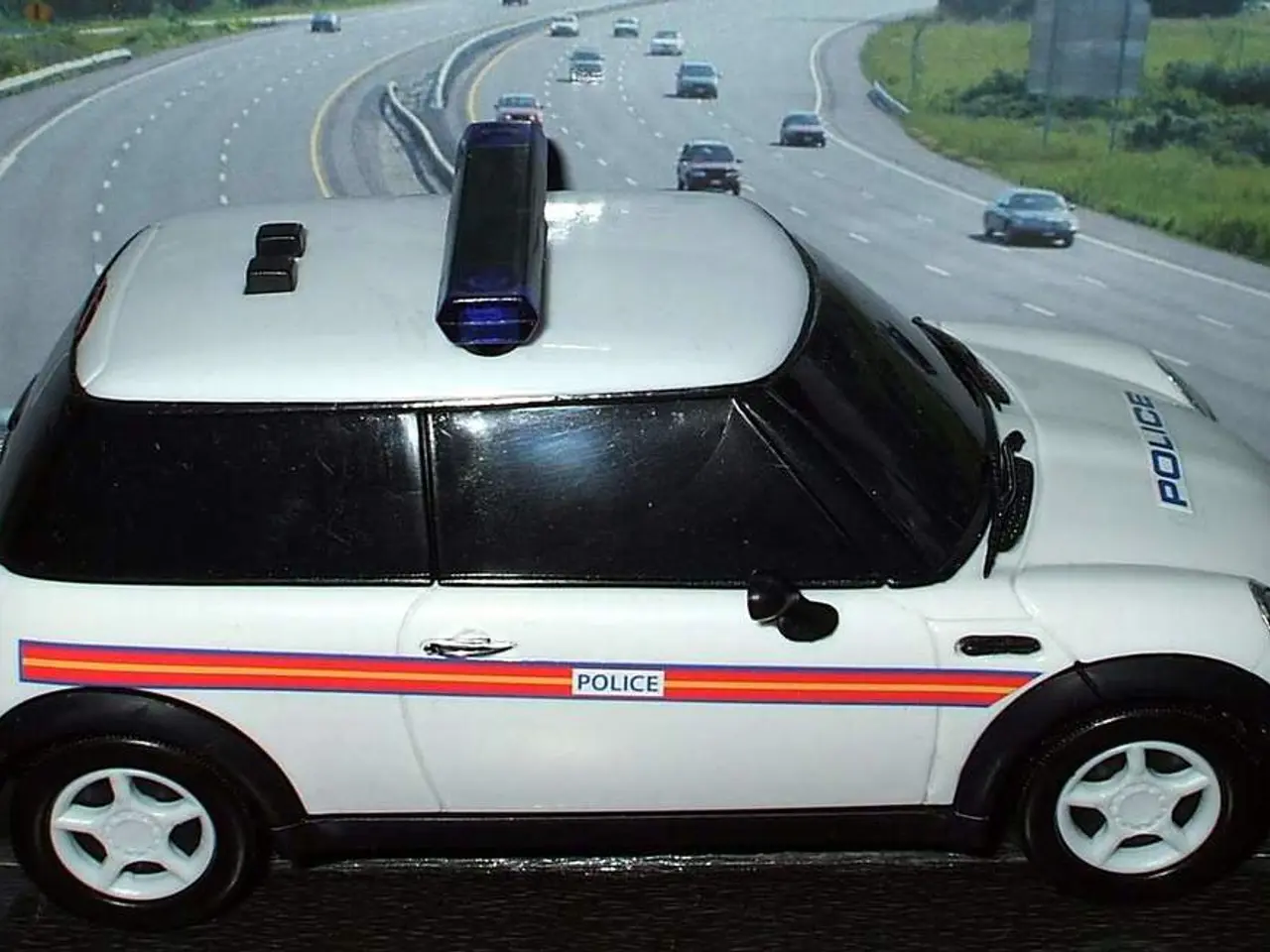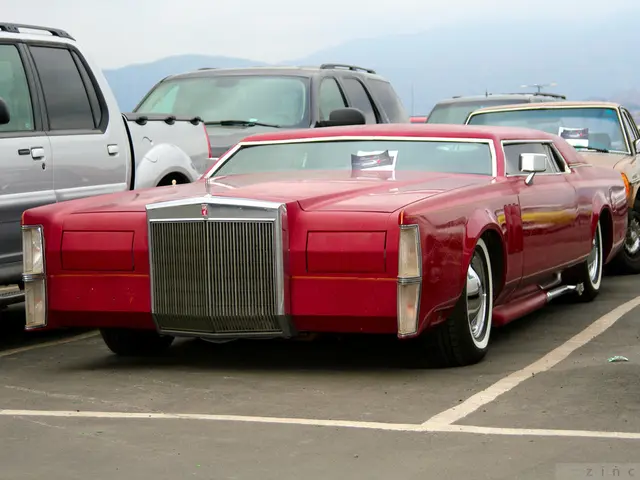D.C. Law Enforcement Shifts Control under Trump Administration with Arrival of National Guard Troops
In a move that has sparked controversy and debate, President Donald Trump has asserted his authority over Washington D.C.'s law enforcement, invoking specific statutory powers amid a declared crime emergency.
Trump's actions, which include the deployment of the National Guard and the requisition of Metropolitan Police services for federal purposes, are based on Section 740 of the District of Columbia Home Rule Act and Section 301 of title 3, United States Code. However, the President's control over D.C.'s police department is not absolute.
The District of Columbia operates under a unique legal framework, with D.C.’s Home Rule limiting direct federal control over local police. The President cannot exercise full operational control over the Metropolitan Police Department without cooperation or delegated authority from the Mayor.
The use of the National Guard in law enforcement roles raises legal questions, particularly concerning the Posse Comitatus Act, which restricts military involvement in civilian law enforcement. While National Guard troops can be activated under state authority or federal Title 32 status, there are constitutional and statutory constraints on federal military authority in policing.
Trump's aggressive approach to law enforcement is reflected in his effort to take over public safety in D.C. This move has been met with resistance from the District government, leading to a legal and political power struggle.
Mayor Muriel Bowser has pledged to work alongside federal officials, while insisting the police chief remains in charge of the department. Bowser and the MPD maintain that the city's violent crime overall is decreasing, contradicting the White House's justification for the emergency declaration.
The balance of powers remains contested, with city officials stressing that crime is already falling noticeably. This situation has involved a fraught dispute between the White House and the District government over the scope of federal authority in D.C.
Notably, Trump's replacement candidate for the U.S. attorney post, Jeanine Pirro, has supported his takeover, stating it is necessary to make criminals understand that they will not get away with their actions. However, Trump's original choice for U.S. attorney, Ed Martin, was abandoned by the President in May.
In May, about 850 federal law enforcement officers were deployed in Washington, resulting in 23 arrests for various crimes. The U.S. Park Police has also removed 70 homeless encampments, offering options for those living there to go to a homeless shelter or receive drug addiction treatment.
Despite the controversy, Trump's latest move has cast Mayor Bowser in a sympathetic light, even among her longtime critics. The decrease in violent crime, with carjackings dropping about 50% in 2024 and violent crime in Washington having decreased to a 30-year low after a sharp rise in 2023, may contribute to this shift in public opinion.
This article is contributed by Alanna Durkin Richer of Associated Press.
References: [1] Associated Press. (2024, June 1). Trump moves to take control of D.C. police during emergency. Associated Press. [2] Associated Press. (2024, June 2). Analysis: Trump's authority over D.C. police is constrained but asserted. Associated Press.
- The ongoing dispute over the President's authority to take control of D.C.'s police department during the declared crime emergency involves complex issues of policy-and-legislation, as the President's actions are based on specific statutory powers but are limited by the District of Columbia's Home Rule Act and constitutional constraints.
- The politics surrounding Trump's aggressive approach to law-and-justice in Washington D.C., such as the deployment of the National Guard and the removal of homeless encampments, are influenced by the general-news narratives of crime-and-justice, with varying opinions on whether these measures are effective or an overreach of federal authority.





